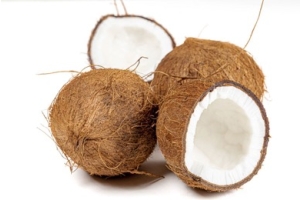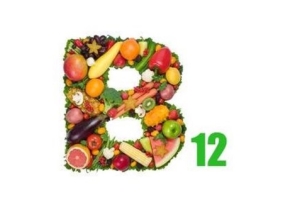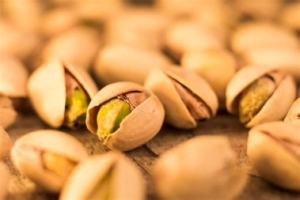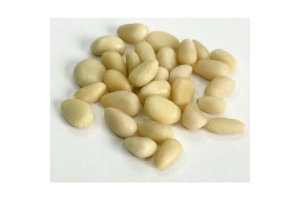Probiotics & Prebiotics for Health
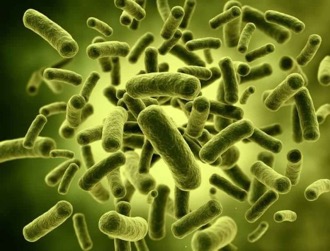
Probiotics & Prebiotics for Health
In the realm of nutrition and dietary choices, there are two terms that often surface, probiotics and prebiotics. These terms are increasingly becoming part of health-conscious individuals' vocabulary, and for good reason. They both play pivotal roles in promoting overall health and well-being. In this comprehensive guide, we will delve into the world of probiotics and prebiotics, uncovering their distinct characteristics and exploring the myriad ways they contribute to better health.
Probiotics: The Friendly Bacteria
Probiotics are living microorganisms, mainly bacteria and yeasts, that provide numerous health benefits when consumed in adequate amounts. They are often referred to as "friendly bacteria" because of their positive effects on our bodies. Here are some key points to understand about probiotics.
What Are Probiotics?
Probiotics are found in various foods such as yogurt, kefir, sauerkraut, kimchi, and in supplement form. They are similar to the beneficial microorganisms naturally present in our gut.
Gut Health Enhancement
One of the primary roles of probiotics is to support gut health. They help maintain a balanced gut microbiome, which is crucial for digestion and overall well-being.
Immune System Boost
Probiotics also play a role in strengthening the immune system. A healthy gut microbiome is linked to a robust immune response.
Potential Benefits
Research suggests that probiotics may alleviate digestive issues, reduce inflammation, and even have a positive impact on mental health.
Natural Sources
Natural sources of probiotics include fermented foods like yogurt, kefir, kimchi, sauerkraut, miso, and kombucha. These foods can be a delicious addition to your diet.
Prebiotics: Food for Probiotics
While probiotics are the stars of the show, prebiotics are their behind-the-scenes allies. Prebiotics are non-digestible fibers and compounds that serve as food for probiotics, helping them thrive in our gut. Here's what you should know about prebiotics.
Nourishing Probiotics
Prebiotics act as nourishment for probiotics. They provide the necessary sustenance for these beneficial microorganisms to flourish.
Dietary Sources
Prebiotics can be found in various foods, including garlic, onions, bananas, whole grains, and chicory root. Including them in your diet can support a healthy gut microbiome.
Digestive Health Benefits
Just like probiotics, prebiotics contribute to improved digestion and may help alleviate conditions like irritable bowel syndrome (IBS).
Synergy with Probiotics
When consumed together, prebiotics and probiotics create a synergistic effect, enhancing the overall health of your gut.
Gut Health and Beyond
Now that we've explored the distinctive features of probiotics and prebiotics, let's dive into their numerous health benefits, with a primary focus on gut health.
Digestive Harmony
The combined action of probiotics and prebiotics promotes digestive harmony. This means fewer digestive issues, improved nutrient absorption, and enhanced overall gut well-being.
Immune Resilience
A well-balanced gut microbiome, supported by probiotics and prebiotics, boosts your immune system's resilience. This can lead to fewer illnesses and a faster recovery when you do get sick.
Mental Health Connection
Emerging research suggests a link between gut health and mental well-being. The gut-brain connection is a fascinating area of study, and probiotics may play a role in supporting mental health.
Weight Management
Maintaining a healthy gut microbiome can aid in weight management. Probiotics and prebiotics may contribute to better weight control and reduced inflammation.
Incorporating Probiotics and Prebiotics
To harness the benefits of probiotics and prebiotics, consider these practical tips.
Include Fermented Foods
Integrate fermented foods like sauerkraut yogurt, kefir, and kimchi into your diet for a natural source of probiotics.
Choose Prebiotic-Rich Foods
Opt for prebiotic-rich foods such as garlic, onions, and bananas to support probiotic growth.
Conclusion
In the quest for optimal health, understanding the role of probiotics and prebiotics is essential. These tiny, yet mighty, components of our diet have a profound impact on gut health and, by extension, our overall well-being. As health-conscious individuals, incorporating probiotic and prebiotic-rich foods and supplements into our daily diet can be a step toward achieving a healthier and happier life.

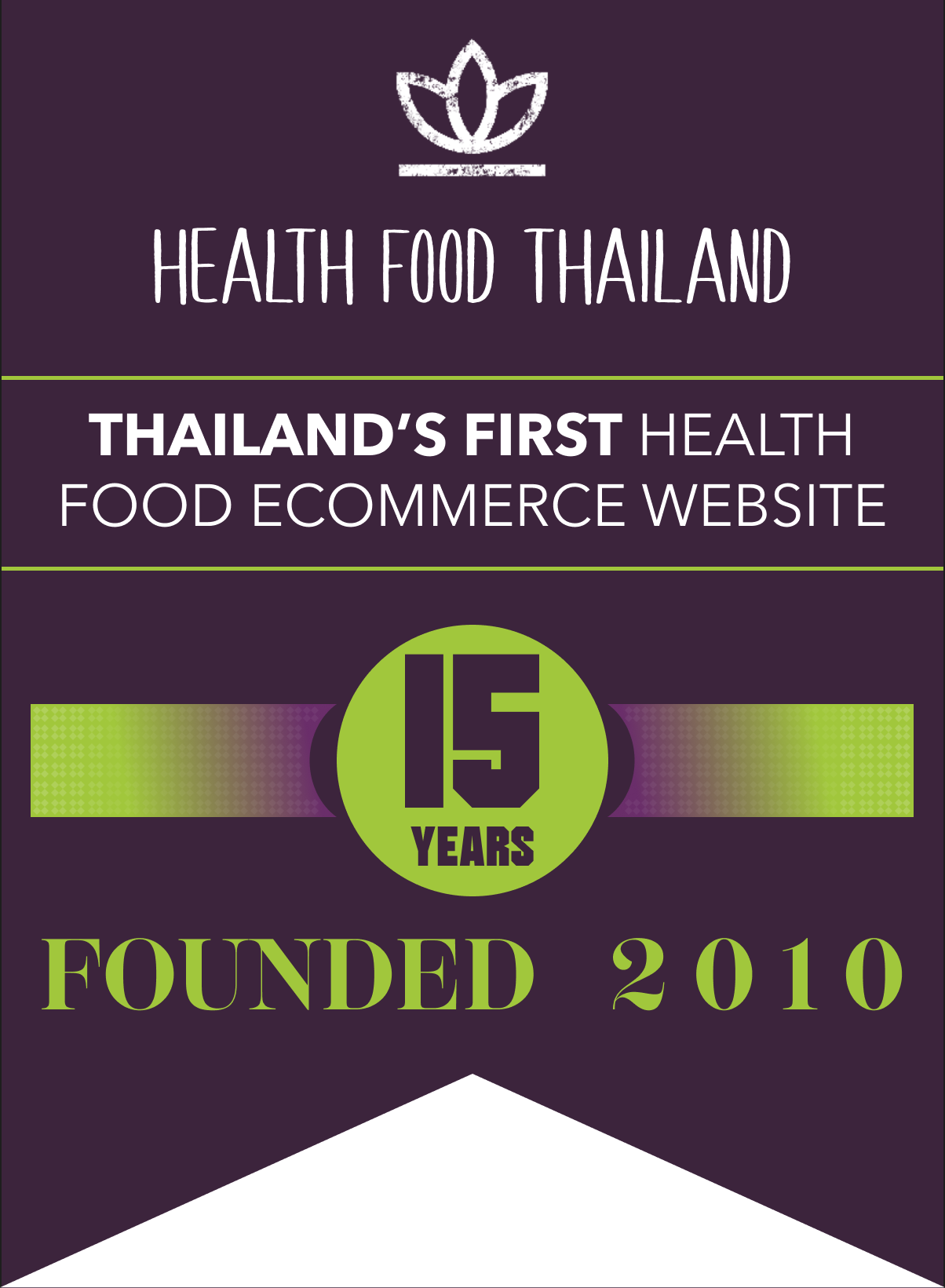

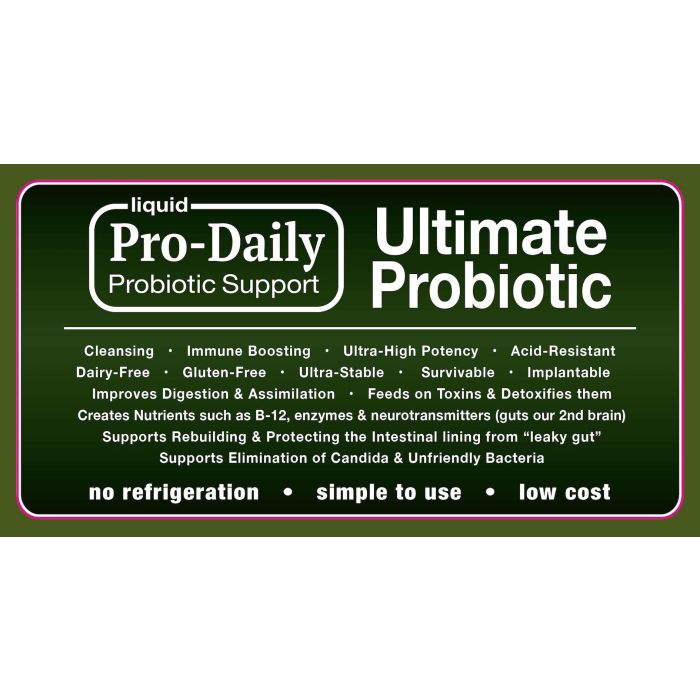
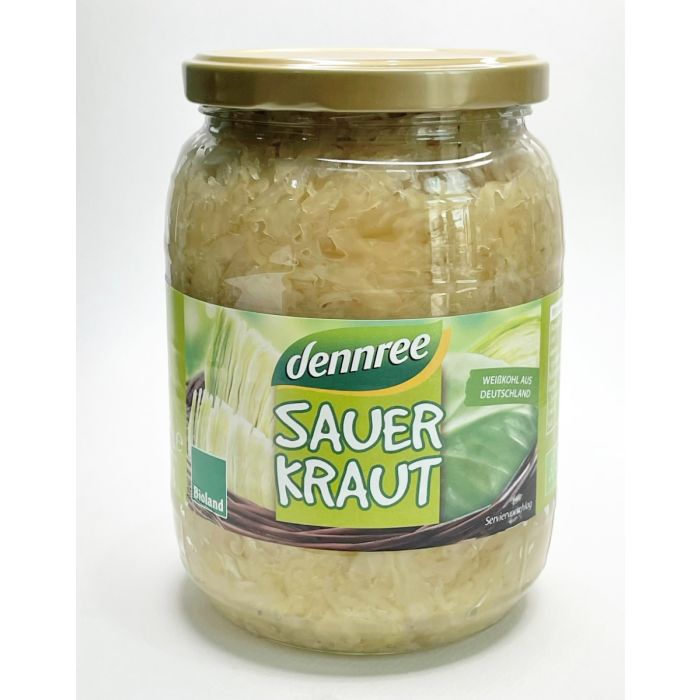
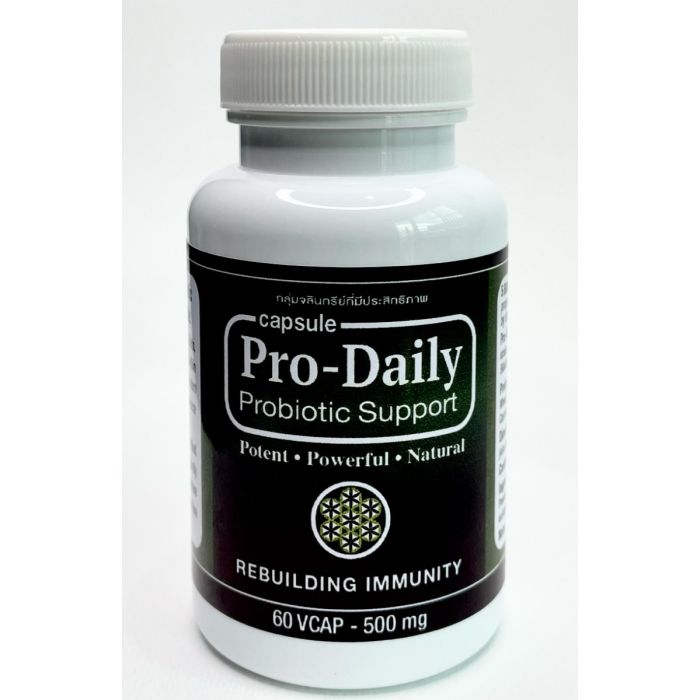
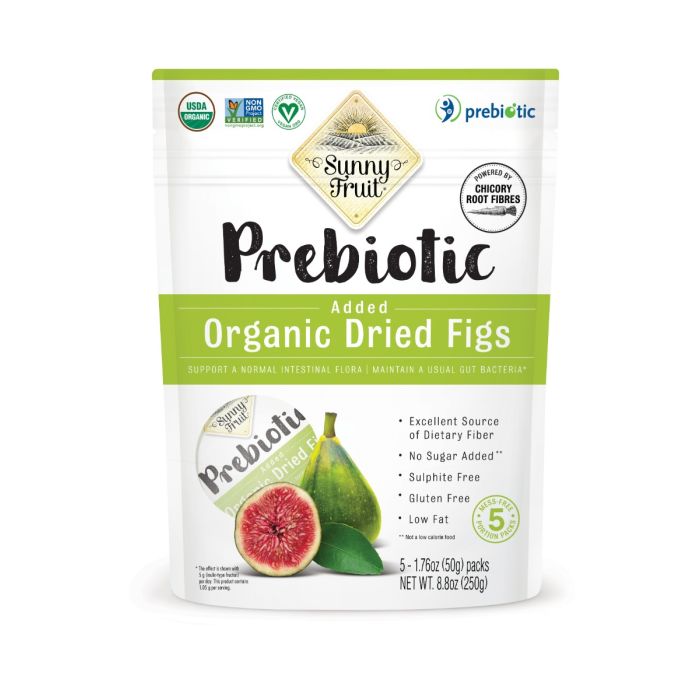
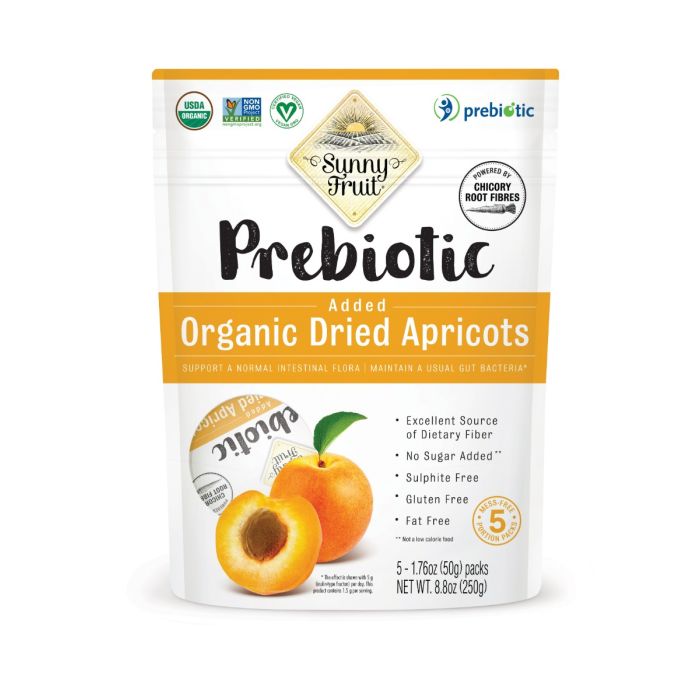
 Over 500 health and wellness products
Over 500 health and wellness products Everyday savings and weekly promotions
Everyday savings and weekly promotions The best natural and organic produce from around the world
The best natural and organic produce from around the world Committed to you - over 10 years of trusted service
Committed to you - over 10 years of trusted service